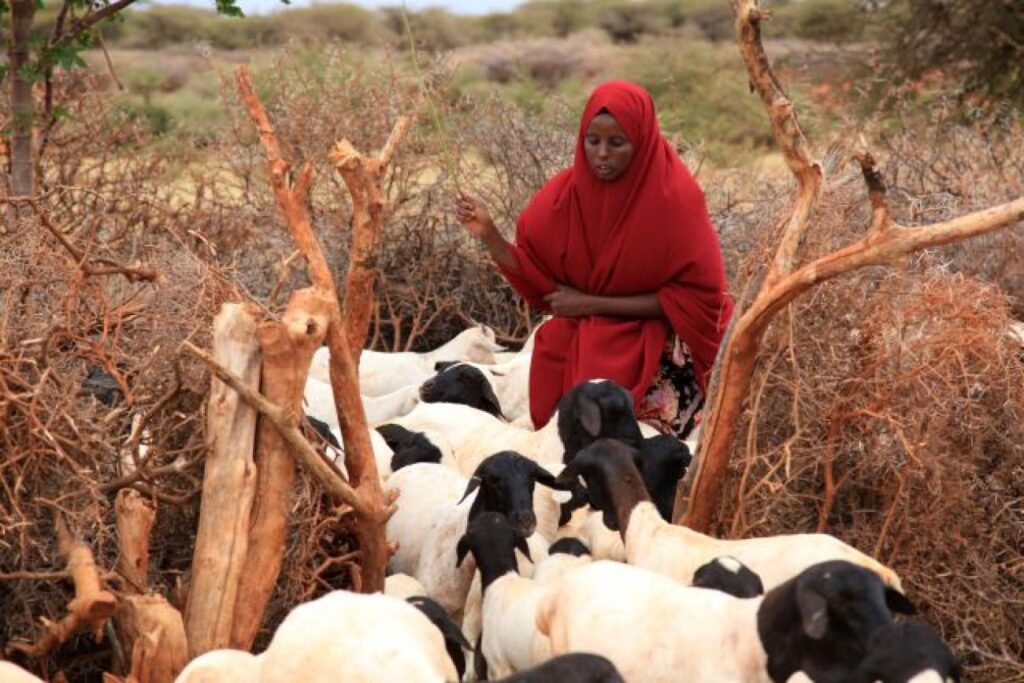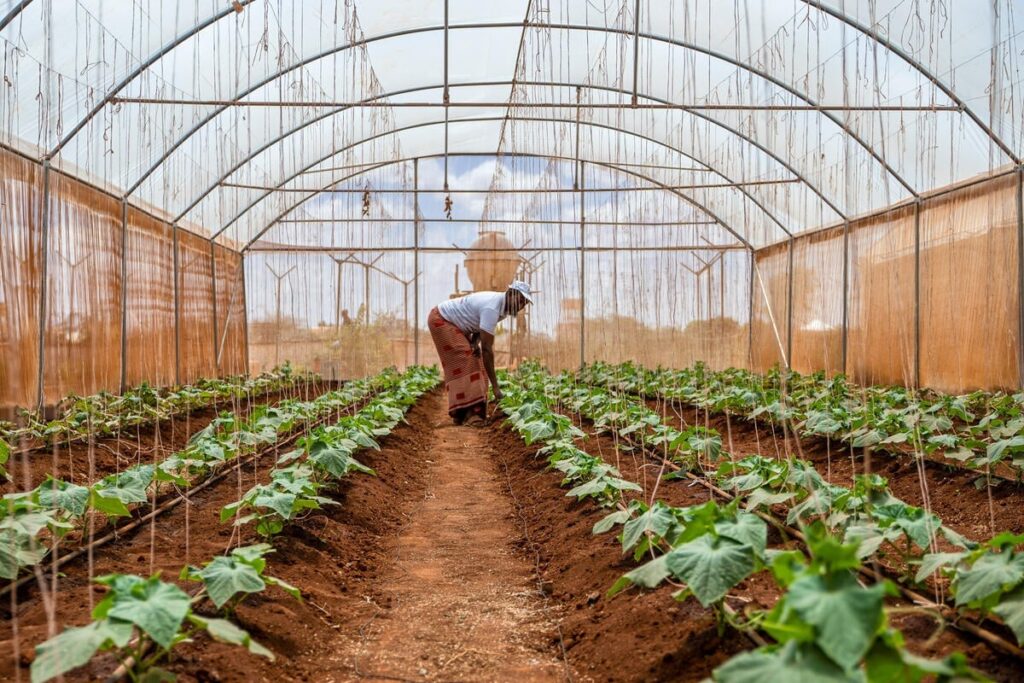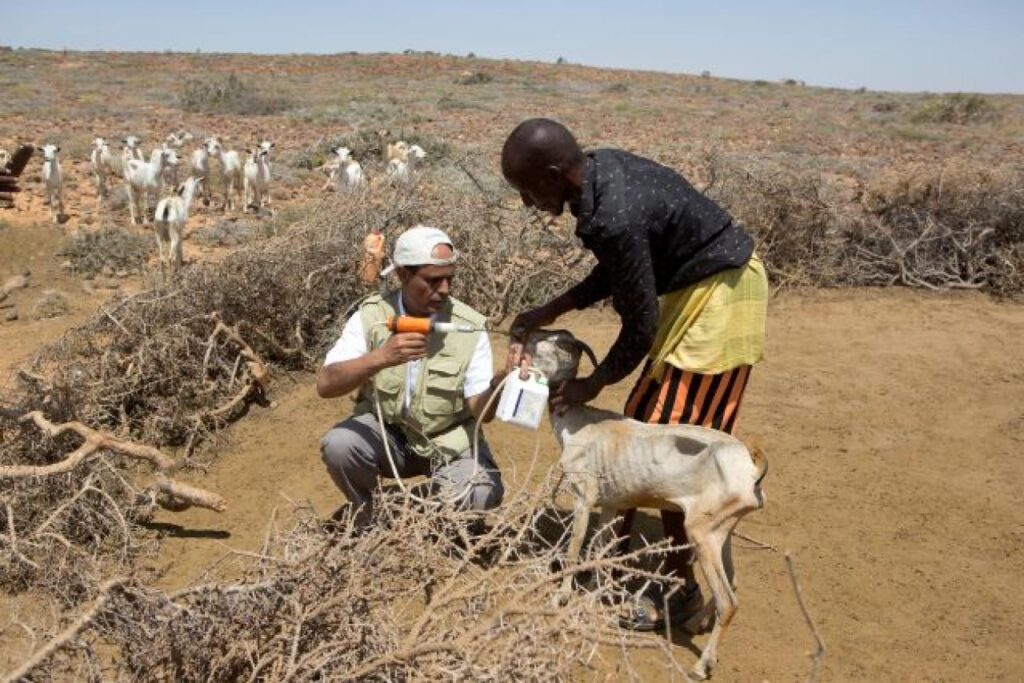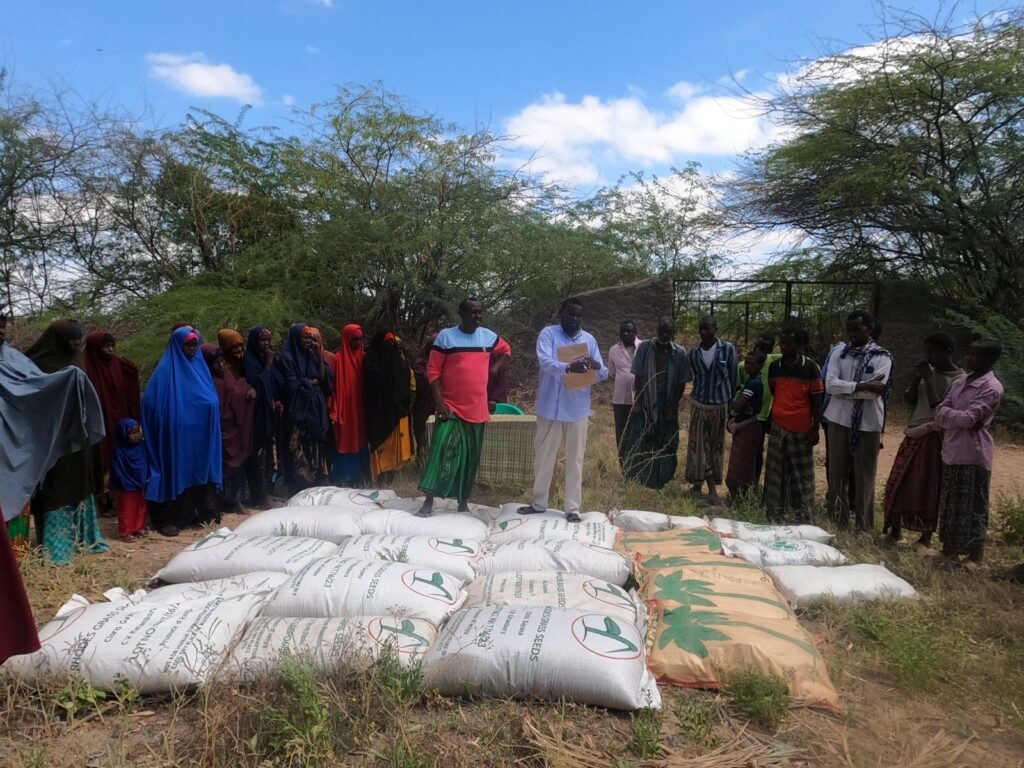Fodder development in Somalia plays a vital role in improving the resilience and income of pastoral and agro-pastoral communities. By focusing on the production, processing and marketing of quality fodder, communities can ensure a steady supply of livestock feed, especially during droughts. This enhances livestock productivity and red reduces losses caused by feed shortages.

Developing the fodder value chain also creates new economic opportunities across different stages, from farmers to traders and transporters. With proper training access to markets and investment in storages facilities, fodder-based enterprises can significantly boost household incomes and strengthen community livelihoods.
FODDER DEVELOPMENT IN SOMALIA: FOOD PRODUCTION AND CULTIVATION TECHNIQUES
Fodder production in fodder development in Somalia, is gaining importance as a key strategy to support livestock, which remains the backbone of the country’s economy. With increasing droughts and pasture degradation, farmers and pastoralists are adopting improved fodder cultivation techniques to ensure a steady supply of animal feed throughout the year.
Modern techniques such as irrigation, seed selection and crop rotation are being introduced to enhance productivity. Training programs and community-based fodder farms also help increase resilience and improve livestock health and productivity.
Read also: Somalia and China Strengthen Their Partnership with A New High-Level Meeting

VALUE CHAIN INTEGRATION AND MARKET ACCESS
Value chain integration and market access in fodder development in Somalia, are essential for enhancing agricultural productivity and rural livelihoods. By connecting farmers, processors and traders, value chain integration ensures that products move efficiently from production to markets, reducing losses and improving quality. This approach also encourages collaboration among stakeholders and supports sustainable growth.
Improved market access enables Somali producers to reach both local and regional markets, increasing income opportunities and economic resilience. Strengthening infrastructure, trade policies and value addition initiatives can help farmers gain fair prices and compete effectively.
CAPACITY BUILDING AND TRAINING FOR FARMERS
Capacity building and training farmers in fodder development in Somalia, are essential to improve agricultural productivity and sustainability. Many farmers lack access to modern farming techniques, quality seeds and irrigation methods. Training programs help them gain knowledge in crop management, soil conservation and climate smart agricultural practices.
These initiatives also strengthen famers’ business and marketing skills, enabling them to increase income and resilience. Capacity building fosters innovation and empowers rural communities to adapt to changing environmental and marketing conditions.
PRIVATE SECTOR AND COMMUNITY PARTICIPATION
The private sector and community participation in fodder development in Somalia, play a vital role in driving economic recovery and sustainable development. Local businesses contribute to job creation, trade and essential services, filling gaps left by the public sector. Their involvements fosters innovation and builds resilience within communities.
Community participation enhances ownership and accountability in development projects. Through local engagement, communities help identify priorities, ensure resource transparency and sustain initiatives. Strengthening collaboration between the private sector and communities promotes inclusive growth and long-term stability in Somalia.

INFRASTRUCTURE AND STORAGE DEVELOPMENT
Infrastructure and storage development in fodder development in Somalia, are essential for enhancing economic growth and food security. Improved roads, ports and transportation networks enable efficient movement of goods and services across regions, promoting trade and accessibility.
Storage facilities, including warehouses and cold chains, reduce post harvest losses and ensure stable food supplies. Investing in modern infrastructure strengthening market system and supports sustainable development.
POLICY SUPPORT AND INTERNATIONAL FRAMEWORKS
Policy support and international frameworks in fodder development in Somalia, play a vital role in guiding Somalia’s development and governance. Collaborative between the government and global partners help align national policies with international standards and sustainable development goals.
International organizations, including the UN and African Union, provide technical assistance and policy guidance. These frameworks enhance institutional capacity, promote good governance and strengthening socio-economic reforms in Somalia.








